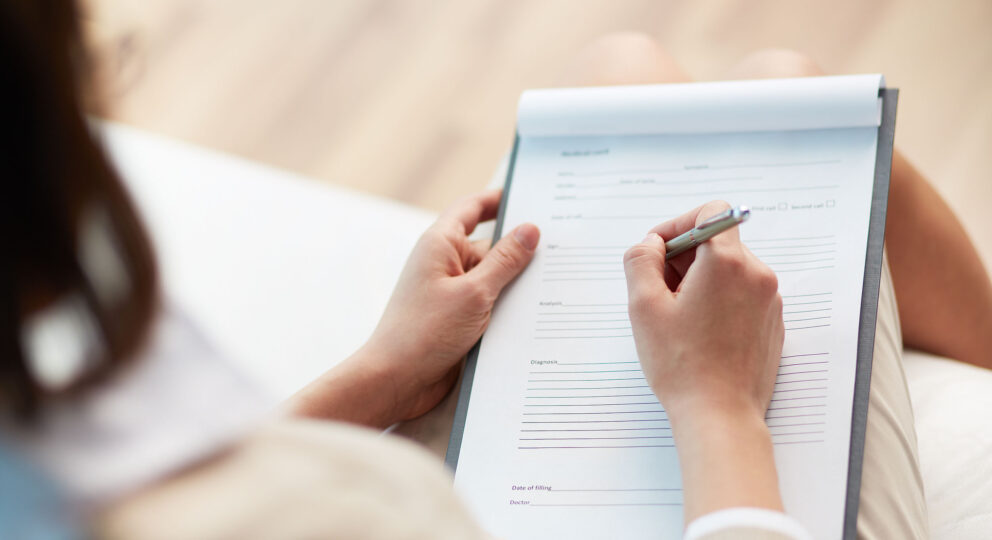Throughout the course of his research, Dr. John Gottman discovered that he could predict divorce with 96% accuracy. The “whats” and “hows” of this are well documented throughout this blog. Over the last couple of weeks, The Gottman Institute has explored the notion of relationships in the Digital Age. I think we can all agree that it’s best if couples can find a way to cultivate face to face, flesh and blood intimacy. But what if they can’t?
What if you’re one of the unpredictable couples? What if the normal rules don’t apply to your relationship? In my practice, I see a lot of couples who, for one reason or another, fall outside the standard deviation. And I spend a lot of time asking, “What if…?”
Sam & Diane* came into my office a couple months ago. Their relationship was in the toilet and they knew it. They had, quite simply, lost the ability to speak to one another. No longer civil. No longer kind. The Four Horsemen were riding roughshod through their relationship. Rather than relate to one another they disappeared into their screens. Facebook. Words with Friends. Work email. Anything. Anything except one another.
It’s a pretty common story: “Technology” invites us to avoid intimacy and we accept the invitation. I do it. You do it. Sam & Diane do it. We settle into toxic patterns (and, to be fair, not just with technology) that keep us from connecting with the people we love the most. What if, borrowing a term from the tech glossary, we decided to “reboot?”
In the case of Sam & Diane, they chose to reboot by adopting a simple rule: No screens (no iPhone, no TV, no computer) in the morning or for the first 60 minutes after work. They recognized the role of technology in their relationship and they made a conscious choice to arrest the pattern. Simply by creating this rule, they changed the tone and tenor of their relationship and began establishing new Rituals of Connection.
Once they picked their heads up from their screens, they realized that they had to find new ways to relate to one another. At first, it was civil silence. Then short walks together. Then a pottery class. Still, they struggled with some of the most fundamental relationship skills. Simply put, trust eroded and both partners remain battle-scarred. Building true intimacy is a slow and steady proposition—unlike the instant gratification offered by your shiny new smartphone. With commitment, however, and a desire to rebuild the relationship, that same smartphone can, perhaps ironically, become a handy tool.
Sam & Diane had been sleeping in separate bedrooms for a while; but after their reboot, something changed for them. They weren’t ready to share the same bed, but rather than climb under the covers and chase the next high-score, they began texting one another from across the house. Talking about the day. Raising issues. Telling jokes. Encouraging one another. They were cultivating a relationship.
It’s not best. But it’s better. And isn’t that the promise of a marriage: for better as well as for worse. Personally, I think couples tend to think that “better” and “worse” are things that happen to them. But they’re not. Better and worse are choices we all make.
What if we consistently chose for better? Regardless of the pros and cons of technology, what’s better right now? Does text or email allow you to express what you feel without getting flooded? Does a “like” on your partner’s Facebook post put a deposit in their emotional bank account? Can you use a simple text to encourage your spouse?
Technology is not inherently bad or inherently good. It just is. Relationships in the Digital Age are going to get more – not less – complicated. The truth is that relationships in any age are complicated. But with a little bit of creativity and courage, honest to goodness flesh and blood intimacy is always possible for couples who pick their heads up long enough to choose “better.”
*Sam & Diane are an imaginary couple meant to represent a collection of couples in my practice. The real Sam & Diane are characters on Cheers.
Read more on the Digital Age blog series.










